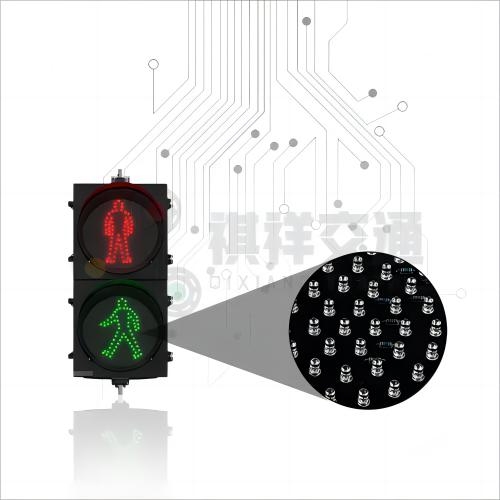Traffic lights are an important part of modern transportation infrastructure, helping to regulate traffic flow and ensure pedestrian safety. These lights use various types of lights to communicate signals to drivers and pedestrians, with the most advanced and energy-efficient option being LED traffic signal lights. In this article, we will explore the different types of lights used in traffic lights and delve into the advantages of LED technology in traffic signal systems.
Traditional traffic lights use incandescent bulbs and more recently halogen lamps to produce the red, yellow and green signals that guide traffic. However, with the advancement of lighting technology, LED lights have become the first choice for traffic signal systems. LED lights offer several advantages over traditional lighting options, making them the future of traffic management.
LED lights are known for their energy efficiency, durability, and long life. LED lights consume significantly less energy than incandescent and halogen lights, reducing the overall operating costs of traffic signal systems. In addition, LED lights last longer and require less frequent replacement and maintenance, which helps save costs and reduce the inconvenience of signal downtime.
LED traffic signal lights offer excellent performance in terms of visibility and brightness. The bright and focused output of the LED lights ensures that signals are clearly visible to drivers and pedestrians, even in adverse weather conditions or bright sunlight. This enhanced visibility helps improve road safety and reduces the likelihood of accidents caused by unclear or dim traffic signals.
Another significant advantage of LED traffic signal lights is their fast response time. Unlike conventional lights, which may take a while to reach full brightness, LED lights come on immediately, ensuring signal changes are communicated to road users in a timely manner. This fast response time is critical to maintaining traffic flow efficiency and minimizing intersection congestion.
LED lights are also environmentally friendly as they contain no harmful substances and are fully recyclable. With the growing emphasis on sustainability and reducing carbon emissions, the adoption of LED technology in traffic signal systems is consistent with the global push for environmentally friendly solutions for urban infrastructure.
In addition, LED traffic signal lights can be integrated with smart technology and networked for centralized control and monitoring. This connection allows for dynamic signal timing adjustments based on real-time traffic conditions, optimizing vehicle flow and reducing overall travel time. By leveraging LED lights in smart traffic management systems, cities can increase traffic efficiency and improve the overall urban transportation experience.
In addition to their functional benefits, LED traffic signal lights also help enhance the aesthetics of urban landscapes. The sleek, modern design of LED lights adds a modern touch to traffic signal installations, enhancing the visual appeal of city streets and intersections.
As cities and transportation authorities continue to prioritize safety, efficiency and sustainability in infrastructure investments, the transition to LED traffic signal lights represents an important step forward. Long-term cost savings, increased visibility, fast response times, environmental benefits and the potential for smart integration make LED technology ideal for modern traffic signal systems.
In summary, LED traffic signal lights have revolutionized the way traffic signals are designed and operated. Their energy efficiency, durability, visibility, fast response times, environmental friendliness and potential for smart integration make them the future of traffic management. As cities increasingly benefit from the advantages of LED technology, the transition to LED traffic signal lights will play a key role in creating safer, more efficient and environmentally sustainable transportation networks.
Post time: Jun-18-2024







